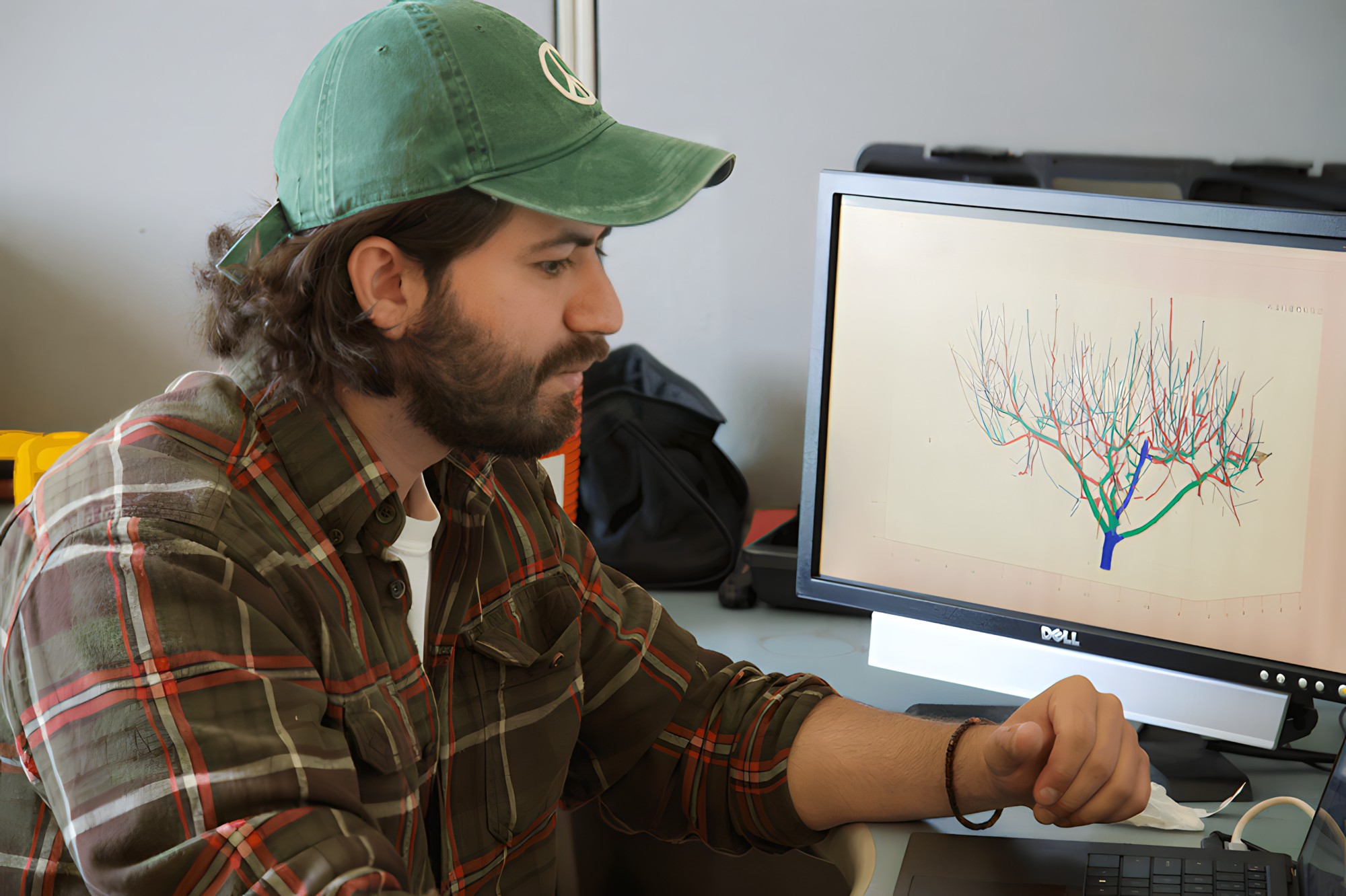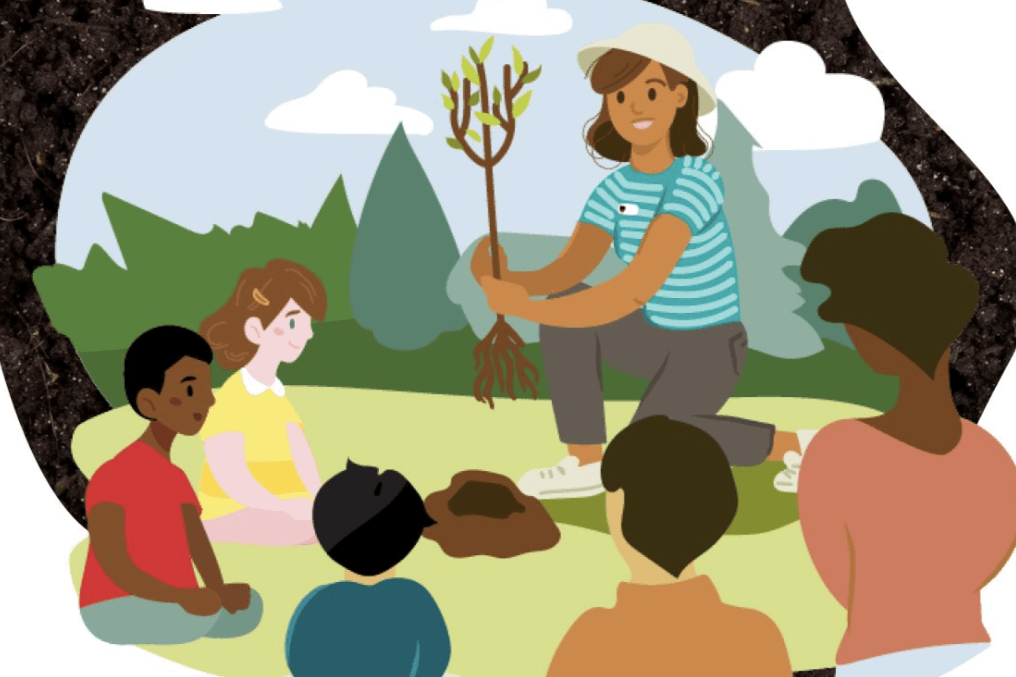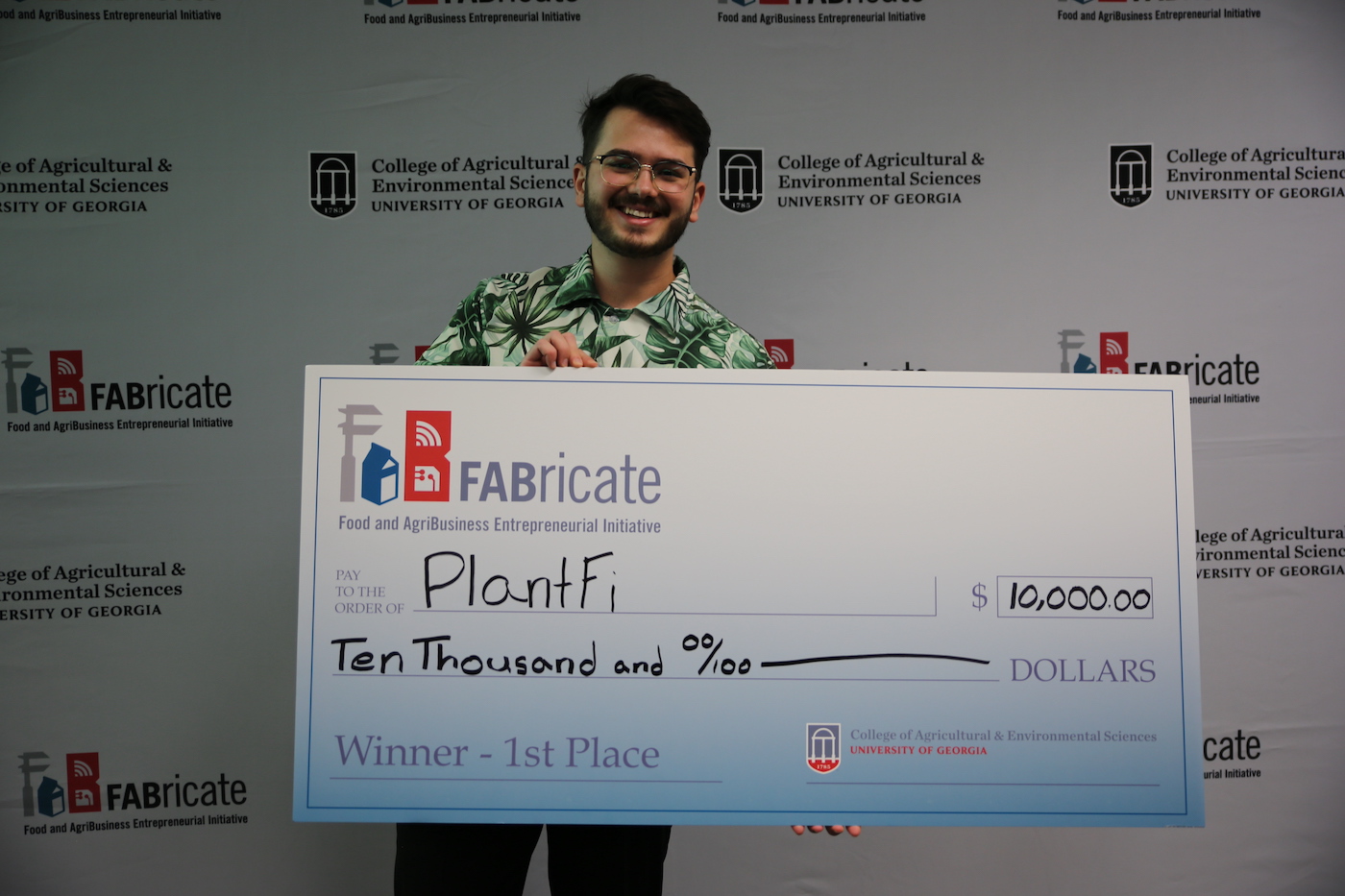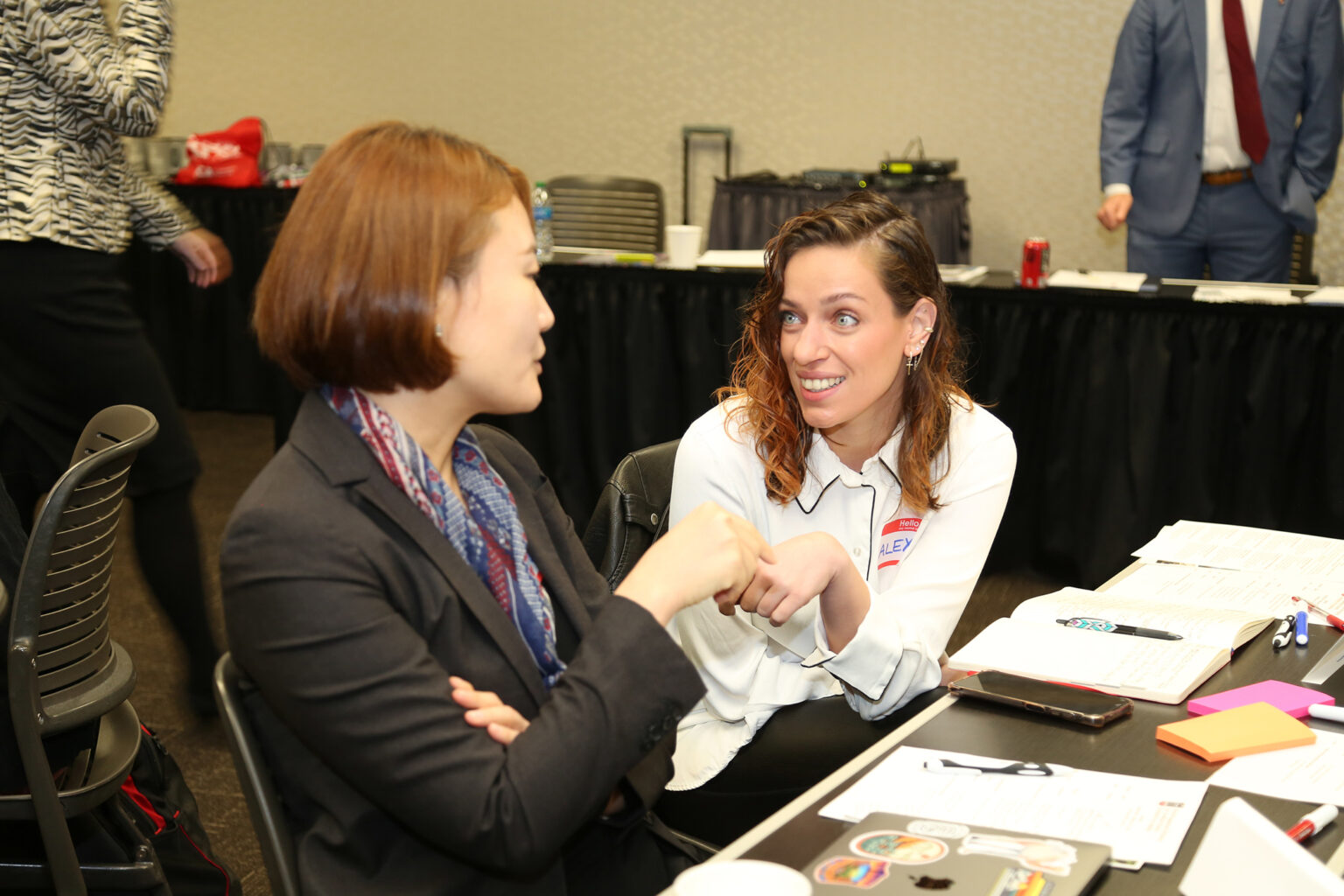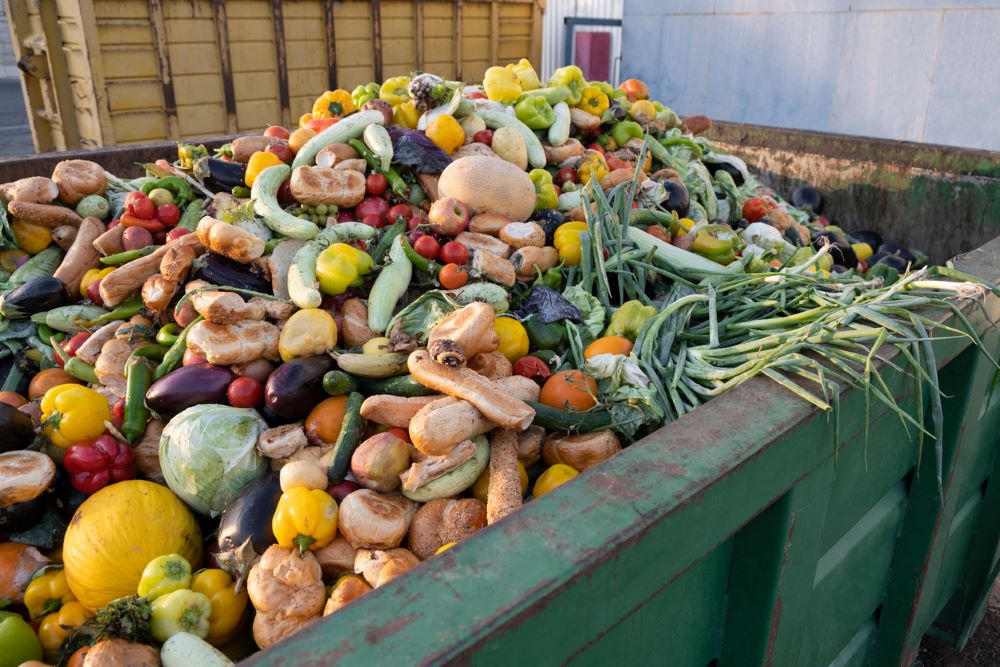 CAES News
CAES News
Reducing Food Waste
Consumers hold high standards for fresh food, which farmers aim to meet, but hot summer temperatures and long-haul deliveries can degrade quality even before produce makes it into stores. In a collaborative study, Angelos Deltsidis, assistant professor of horticulture in the University of Georgia’s College of Agricultural and Environmental Sciences, teamed up with UGA Cooperative Extension agents to improve upon a decades-old method of precooling to increase efficiency and reduce postharvest losses along the value chain.

-(1).jpg)
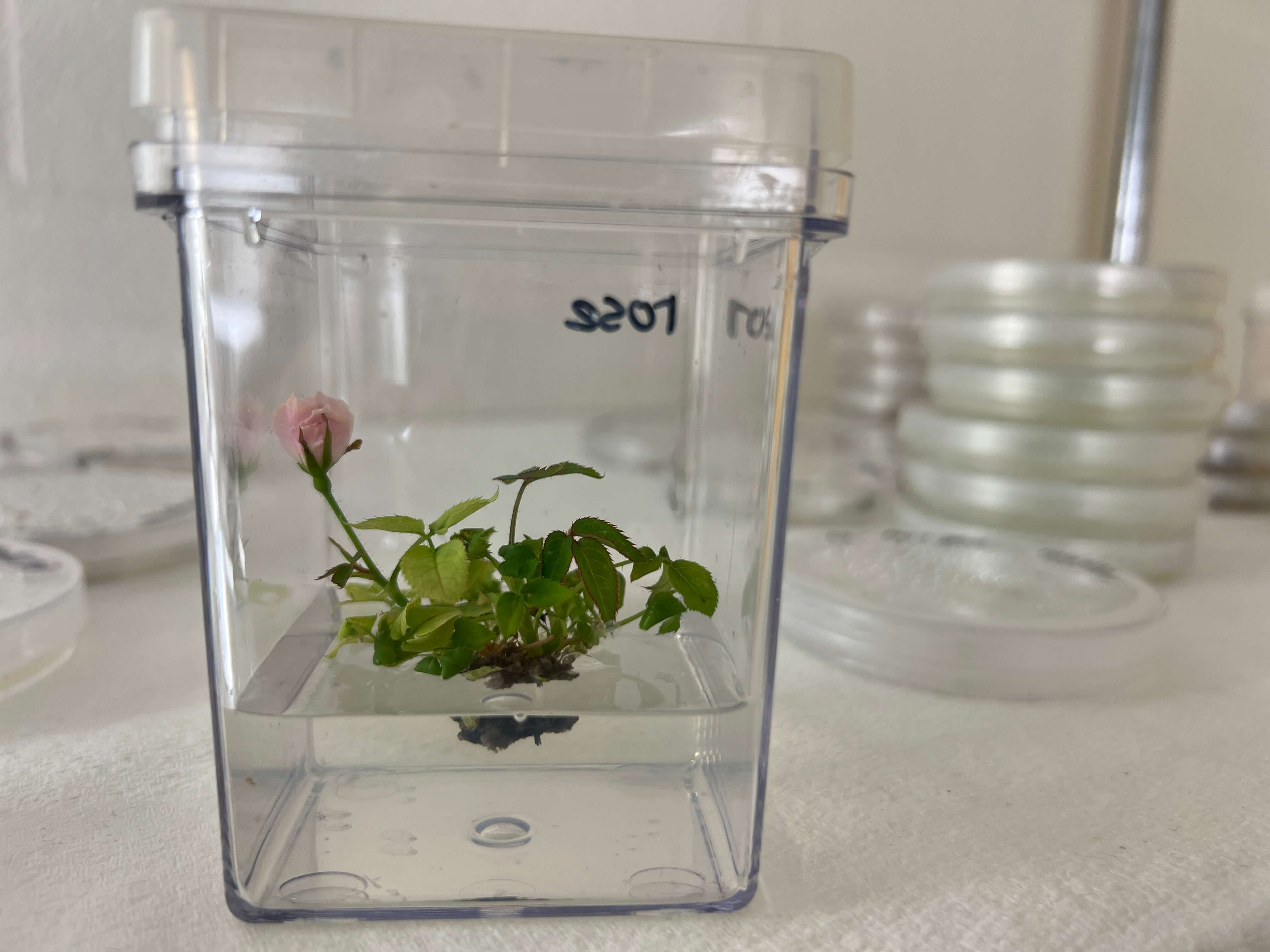
.jpg)
